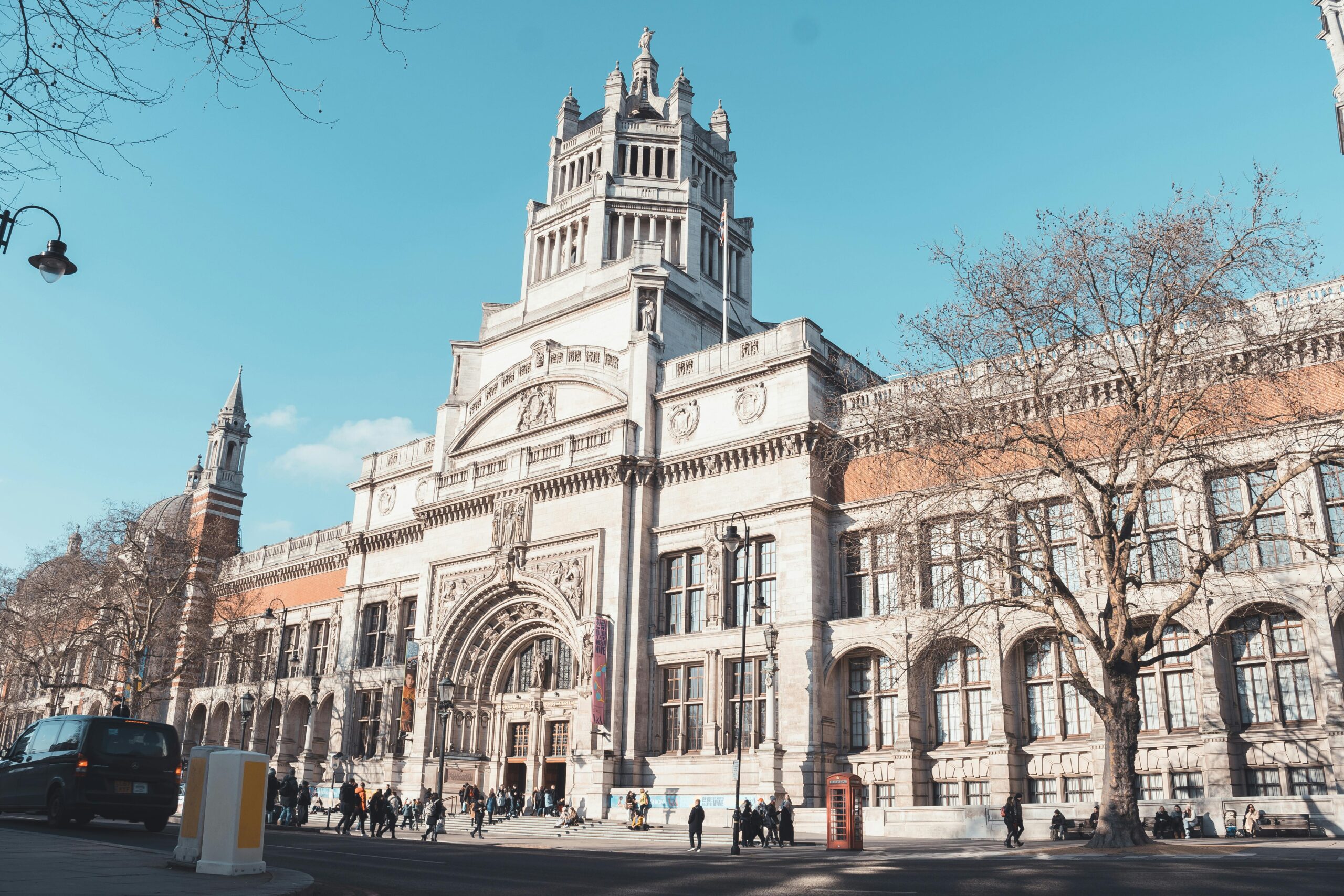Africa is a diverse and beautiful continent filled with many cultures and opportunities. However, limited economic prospects and political instability in some African nations have led many to consider immigrating elsewhere. Here are the Best Countries to Immigrate to for Africans
[ez-toc]Introduction
Immigrating to a new country is a monumental life decision that requires careful planning and consideration. For Africans seeking improved economic opportunities and stability, popular choices include countries with close cultural ties, strong job markets, and immigration programs tailored for African applicants. This post examines the upsides and downsides of Canada, Australia, the United Kingdom, Portugal, and the United States – the top 5 destinations based on immigration statistics.
The introduction will set the stage by giving some context on immigration trends and factors assessed. Each country section will go in-depth, starting with an overview and then delving into the quality of life, the job market, education, immigration policies, and cost of living. FAQs at the end address common concerns. By the conclusion, readers should have a comprehensive understanding to determine the best fit. Let’s get started!
Canada
Country Overview
As one of the most diverse countries in the world, Canada has long welcomed immigrants and refugees. With a high quality of life, robust economy, and universal healthcare, it’s no surprise Canada ranks among the top choices for African newcomers. Key facts:
- Population: 38 million (approx. 22% foreign-born)
- Official Languages: English, French
- Major Cities: Toronto, Montreal, Vancouver
- Government: Federal parliamentary democracy
- Economy: Service-based, ranked 11th globally by GDP
Quality of Life
Canada consistently places near the top of global quality of life rankings due to affordable healthcare, low crime rates, access to nature, and an egalitarian society. The welcoming multicultural environment has people from around the world thriving together in harmony.
Job Market
Canada has a strong, diverse economy providing plentiful job opportunities across sectors like technology, oil/gas, finance, healthcare, and more. Unemployment is low at 5.4%, and the minimum wage is sufficient for a modest standard of living. In-demand skills receive priority in the Express Entry immigration system.
Education
Public education in Canada is renowned for its high quality and affordability. Post-secondary education at colleges and universities ranges from certificate to Ph.D. programs, many of which are discounted for international students. Top institutions include the University of Toronto and McGill University.
Immigration Policies
The main economic immigration programs for Africans are the Express Entry system and Provincial Nominee Programs. Minimum criteria include a job offer, education, work experience, language skills, and funds. Processing is generally fast at 6-12 months. Permanent residency leads to citizenship eligibility within 3-5 years.
Cost of Living
While major cities like Toronto and Vancouver are more expensive overall, the cost of living in Canada remains reasonable by global standards. Housing, transportation, food, and healthcare are affordable for most on an average salary. With the higher wages, quality of life exceeds that of even developed countries.
Australia
Country Overview
As a developed country with tremendous demographic diversity, Australia offers a high standard of living and advanced economy driven by mining, tourism and international education. Key facts:
- Population: 26 million (33% foreign-born)
- Official Language: English
- Major Cities: Sydney, Melbourne, Brisbane
- Government: Federal parliamentary democracy
- Economy: 13th largest by GDP
Quality of Life
Australia consistently ranks highly for livability, safety, healthcare and work-life balance. The temperate climate, natural beauty, multicultural hubs, and laidback lifestyle are among the top lifestyle draws. Overall stress and pollution levels are far lower than other developed nations.
Job Market
The Australian economy remains resilient even through global downturns, with unemployment at a 50-year low of 3.5%. In-demand skills like trade workers, nurses, engineers, and technology professionals fill critical shortages. Minimum wage allows a comfortable living in non-metro areas.
Education
World-renowned education providers include University of Sydney and Monash University. International students contribute $40 billion annually to the economy. Post-study work rights allow skilled graduates to gain local experience boosting residency applications.
Immigration Policies
The Skilled Independent visa pathway is ideal for Africans, requiring a nomination in an occupation on the skilled occupations list along with English proficiency, qualifications, and work experience. State nomination further boosts chances. Processing takes 6-12 months on average.
Cost of Living
While major cities are expensive, you’ll get more space and quality of life outside urban hubs. Housing, utilities, transportation, and healthcare are very affordable, even on minimum wage. Amenities like public transport and community services are plentiful. The overall cost compares well to salaries.
United Kingdom
Country Overview
The UK maintains strong historical, cultural, and economic ties with many African countries. As a leading global power, it offers highly developed infrastructure, institutions, and opportunities. Key facts:
- Population: 67.5 million (13% foreign-born)
- Official Languages: English
- Major Cities: London, Birmingham, Leeds
- Government: Parliamentary constitutional monarchy
- Economy: 5th largest economy globally by GDP
Quality of Life
London especially scores highly for quality of urban life, rich cultural offerings and diversity. Beyond cities, natural beauty abounds, and a universal healthcare system cares for all residents. Safety, amenities, and work-life balance may exceed those of other populous European nations.
Job Market
Despite leaving the EU, the UK continues attracting global business and talent. Tech sectors are booming; London recruits the most programmers of any city. Shortages exist for skilled professionals in healthcare, engineering, education, and more. The minimum wage ensures a basic standard.
Education
Among the top globally, UK degrees from prestigious universities like Cambridge, Oxford, and Imperial College propel careers. Public education is affordable; international student fees are discounted. STEM paths lead to post-study entrepreneur visas allowing immigration without employment sponsorship.
Immigration Policies
As an independent nation, the UK replaced freedom of movement with a points-based immigration system effective 2021. Africans qualify via options like the Skilled Worker Visa, which requires a job offer, language skills, and minimum salary, or the Global Talent Visa, which is for elite professionals and entrepreneurs.
Cost of Living
While London housing and amenities cost more, salaries compensate. Outside major cities, rent and transportation remain reasonable, especially compared to English-speaking competitors like Canada, Australia, and Ireland. Healthcare contributions are deducted pre-tax. Overall, it is affordable for most on average wages.
Portugal
Country Overview
Portugal woos remote workers and pensioners with its charming coastal towns, inexpensive yet developed lifestyle, and strong economic growth. Key highlights:
- Population: 10 million (only 4.3% foreign-born)
- Official Language: Portuguese
- Major Cities: Lisbon, Porto, Coimbra
- Government: Semi-presidential representative democratic republic
- Economy: Service-based; relies on tourism, technology, and exports
Quality of Life
Lauded for safety, green space, work-life balance and healthcare, Portugal offers a warm, relaxed pace. The mild Mediterranean climate and laidback “manana” culture ease stress. Natural beauty abounds along the coast and historic cities.
Job Market
While less robust than northern Europe, Portugal sees consistent growth in high-demand fields like engineering, aviation, tourism, renewable energy, and technology. Bilinguals especially find opportunities among international firms near major hubs.
Education
Public universities offer accredited programs at a fraction of the cost abroad. International students are welcome. Prospective migrants can gain citizenship through education in certain master’s degree programs.
Immigration Policies
A desirable option is the D7 Visa for real estate investors, requiring property purchases over €500,000. Alternatively, the D2 Visa permits remote work or self-employment for non-EU citizens if funds, travel/health insurance, and residence are proven. Processing takes 1-3 months.
Cost of Living
Expenses like rent, utilities, dining, and transportation are 30-50% lower than in much of Western Europe. Groceries cost slightly more though still affordable. Living near the coast balances a wonderful lifestyle with economic sustainability better than living in more expensive areas. Overall, it provides high value.
United States
Country Overview
A Global powerhouse and melting pot, the U.S. entices with prospects for economic mobility, technological innovation, and entrepreneurship on a massive scale. Key details:
- Population: 334 million (15% foreign-born)
- Official Languages: No official national language
- Major Cities: New York City, Los Angeles, Chicago
- Government: Federal presidential constitutional republic
- Economy: Largest economy worldwide by GDP
Quality of Life
Safety, job opportunities, diverse scenery and entrepreneurial spirit attract immigrants despite weaknesses in healthcare access and wellness support systems versus northern peers. Urban areas rival global cities for amenities and culture.
Job Market
Robust technology, services, and skilled professional sectors drive consistent job growth and wage increases, though costs are higher. A shortage of qualified candidates for engineering, healthcare, and education spurs migration deals like the recent Nigeria agreement. Top metropolitan hubs recruit globally.
Education
World-renowned institutions offer accredited degree paths at all levels, including generous scholarships attracting international talent. While tuition costs are exorbitant for non-residents, post-study work authorization eases the transition to permanent residency or employment-based green cards.
Immigration Policies
The US aims to attract and retain global skills and entrepreneurs. Options include employer sponsorship (H-1B, EB-1/EB-2), family reunification visas, investment visas (EB-5), and specialty occupation pathways like the newly expanded African professionals program. Wait times average 1-2 years, depending on category.
Cost of Living
Expenses are higher nationwide versus global peers due to minimal welfare support systems and healthcare costs. Major cities require high incomes, though salaries compensate. Remote/hybrid work aids relocation to more affordable suburbs and smaller metro areas. Tax rates vary by state.




